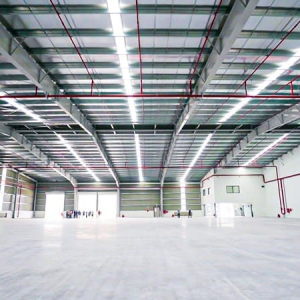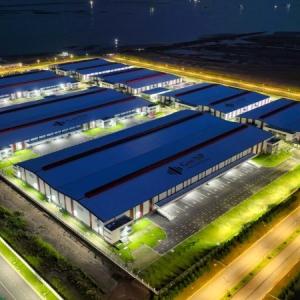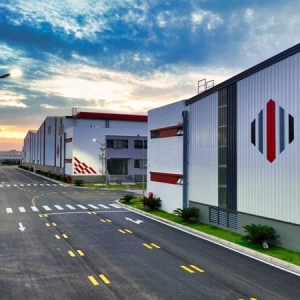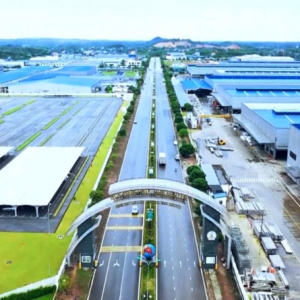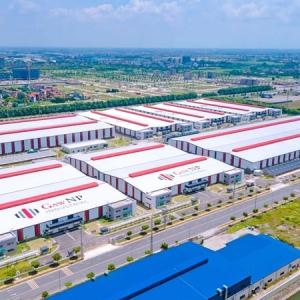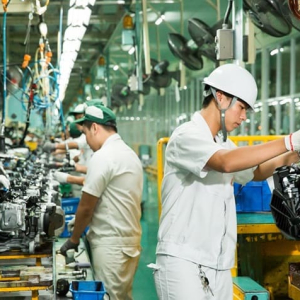HP to move production of millions of PCs to Thailand, Mexico
July 20, 2023 08:37 AM
The company follows Dell, Apple in diversifying supply chain beyond China.
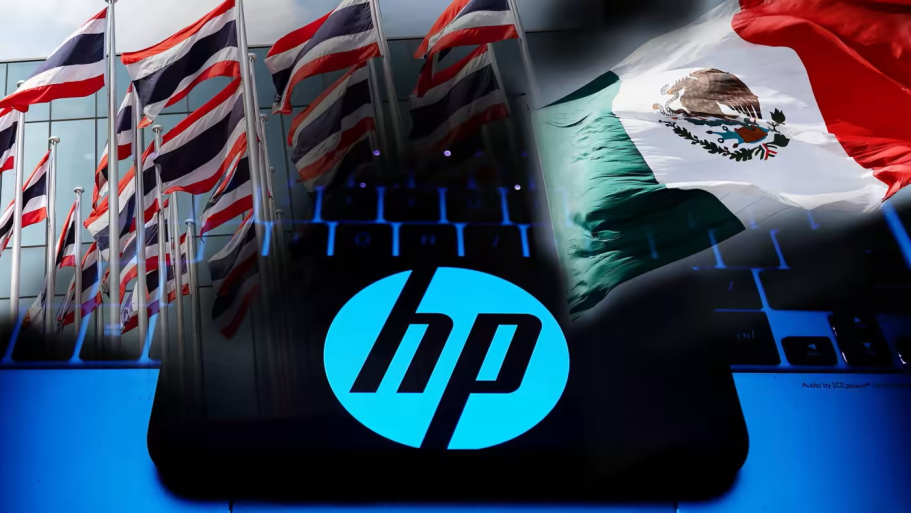
HP has lagged other global PC makers in shifting away from China but now plans to move some production to Thailand and Mexico. (Source photos by Getty)
HP is working with suppliers to shift production of millions of consumer and commercial laptops to Thailand and Mexico this year, in the top U.S. computer maker’s first substantial move to diversify its personal computer supply chain beyond China.
The world’s No. 2 PC maker by shipments after China’s Lenovo, HP is planning to shift some commercial notebook computer production to Mexico, while a portion of its consumer laptop production will go to Thailand, sources briefed on the matter told Nikkei Asia. HP is also planning to shift some laptop production to Vietnam, starting next year, one of the suppliers said.
The output outside of China this year will be a couple of million to 5 million units, they said. HP shipped 55.2 million PCs worldwide last year, Canalys’ data showed.
Thailand already has a number of PC suppliers, which could facilitate HP’s shift, while production in Mexico would help the company better serve its primary North American market.
HP released a statement on its website on Monday, the same day that Nikkei Asia approached the company for comment, saying it is expanding existing operations in Southeast Asia and elsewhere, and has been “adding incremental notebook PC production” in Mexico.
In an email to Nikkei, the company said, “China is a very important part of our global supply chain and we remain deeply committed to our operations in Chongqing.”
HP’s plan comes after its compatriot Dell launched a more radical campaign to exclude “made in China” chips from its products and significantly reduce its overall use of electronic components produced in the country, Nikkei Asia first reported.
Dell, which launched its diversification plan much earlier than HP, will make at least 20% of all of its laptops in Vietnam this year, people with direct knowledge told Nikkei. On the component level, it will take Dell until around the end of 2024 to complete its planned shift away from “made in China” chips.
Apple, meanwhile, began making MacBooks in Vietnam this year, the first time its laptops were made outside China, fulfilling plans that Nikkei reported on late last year.
HP’s move would further help Vietnam and Thailand build up a supply chain ecosystem for PCs, making Southeast Asia an even more attractive option for computer makers looking for production options outside China, amid geopolitical uncertainties.
The company has been relatively slow to shift production out of China compared with other American tech companies, despite having been in talks with suppliers to evaluate such an option since 2019.
“HP’s plan is shifting the product assembly to destinations beyond China first, but it has not yet made a clear and strong commitment to massively switch to non-China-made chips and components,” said a supply chain executive with direct knowledge of the matter. However, HP has already spoken with electronics component makers with production capacity in Vietnam about shipping to Thailand, according to three sources from different suppliers directly involved in the talks.
“HP wants to stay low-key about its plans to shift outside of China. Apart from geopolitical concerns, it also takes into account China’s continued rising manufacturing costs, including challenges in recruiting labor and the increasing labor costs,” said an executive at an HP supplier.
The top U.S. PC maker has been a strong supporter of electronics manufacturing in China for decades.
Perhaps the best example of this is the inland Chinese city of Chongqing, which HP began developing as a hub for laptop production in 2008. Acer and Asus followed in HP’s footsteps and asked suppliers to move production to the city on the banks of the Yangtze River, which is now also home to numerous HP suppliers, from Quanta Computer, Inventec to Foxconn. Today Chongqing is the top city in China for PC exports.
The flip side of this support is that the supply chain for notebook computers is now so deeply rooted in China that many industry experts and analysts see it as difficult to shift away.
The U.S. is the biggest single PC market for both HP and Dell, accounting for about 31% and 40% of their shipments, respectively, in the first quarter of this year, data from Canalys showed. The Chinese market, on the other hand, only accounted for 7.5% and 8%, respectively over the same period. China’s Lenovo and Huawei together dominated the Chinese PC market in the first three quarters of this year. Dell has a strong political incentive to diversify its production away from China, as the company controls about 73% of the market for U.S. government-use PCs.
“The primary purpose of supply chain diversification is to mitigate risk factors related to U.S.-China tensions, or to take advantage of emerging production hubs in Vietnam and other Southeast Asian countries,” said Kieren Jessop, an analyst with Canalys.
Jessop said the supply chain diversification will not likely to directly affect American PC makers’ market share in the Chinese domestic consumer market. However, it may affect some government-related bids. “Some opportunities in government or public education [sectors] may be lost because of concerns and policies around domestic sourcing and manufacturing,” Jessop said.
Dell did not respond to a request for comment.
Source: NIKKEI
Warehouse for lease in Vietnam | Warehouse for rent in Vietnam | Factory for lease in Vietnam | Factory for rent in Vietnam

